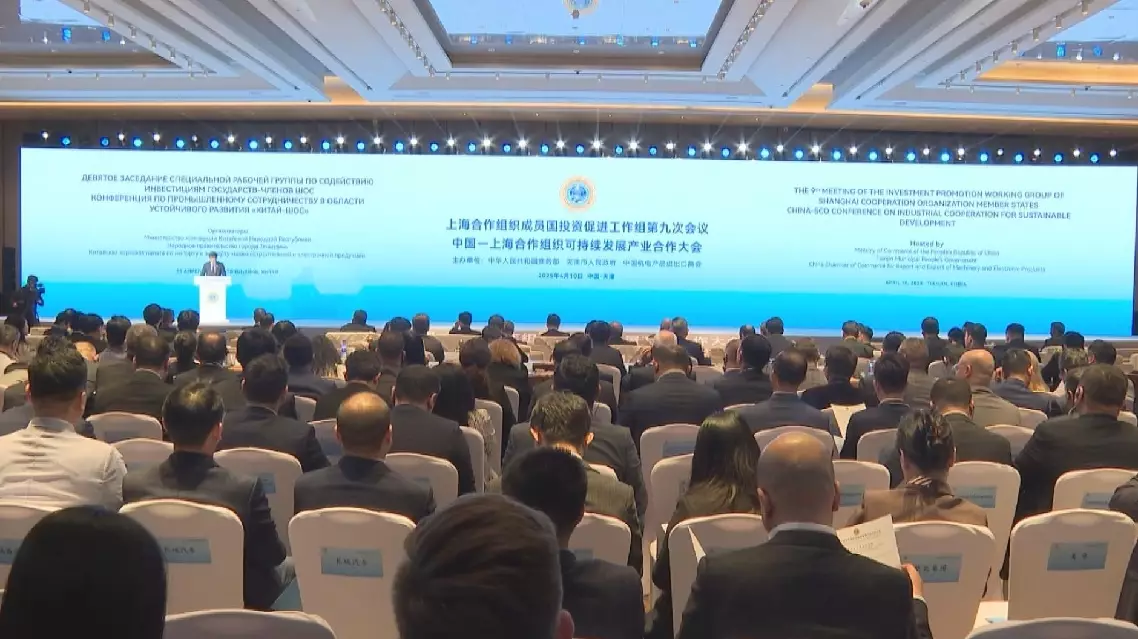Amid growing concerns over the Trump administration's tariff policies, experts have warned that these measures could spark countermeasures from other countries and have serious consequences for the country's economy, including rising consumer prices, stock market volatility, and even a recession.
Despite widespread opposition, U.S. President Donald Trump on Wednesday signed an executive order on the so-called "reciprocal tariffs," imposing a 10-percent "minimum baseline tariff" and higher rates on certain trading partners.
While Trump has long argued that tariffs would protect and create jobs in the country, economists widely believe that these policies could instead drive up unemployment and hurt consumers by pushing prices higher.
"In terms of the idea that this is just going to raise a lot of money, it's not clear how that happens without it being at the the cost of the U.S. consumer and some producers as well. Prices are going to go up for everybody. There will be job losses, probably," said Katherine Schmeiser Lande, professor of economics at Mount Holyoke College, in an interview with China Central Television (CCTV) recently.
Experts also noted that as the U.S. enforces its tariff measures, other nations are likely to respond with countermeasures, and this could hit U.S. exports, particularly farm products like soybeans, which heavily rely on foreign markets.
Ultimately, they warned, such policies could harm U.S. farmers and businesses.
"It might lower the price for U.S. consumers, but we can't necessarily absorb all that excess. So this could be really problematic for farmers, and it could lead to a situation where they actually need government subsidies, which is a whole other issue," said Lande.
The stock market has already reacted sharply to tariff-related uncertainty.
In March, the indexes of Nasdaq and Standard and Poor 500 fell 8.21 percent and 5.75 percent, respectively, their worst monthly declines since December 2022.
Economists warn of further volatility as trade tensions continue to weigh on investor confidence.
Meanwhile, Goldman Sachs recently released a report stating that as U.S. tariff policies disrupt global trade and financial markets, the likelihood of a recession in the U.S. within the next 12 months has risen to 35 percent.
Since protectionism is at the heart of Trump's foreign policy, Malgorzata Bonikowska, president of the Center for International Relations in Poland, stressed that Europe will not bow to U.S. pressure, believing that the continent will respond firmly to its aggressive tariff measures.
"European Union does not want any trade war. We support World Trade Organization. We support multilateralism. So we don't like this approach of Trump administration and we regret. But if Trump pushes us, then we will look around. We have to do trade with other partners as well. So, it's not only the U.S. which is our trade and investment partner. We regret, but we definitely will not be weak in this regard," she said in another recent CCTV interview.

US “reciprocal tariffs” to harm itself, incur countermeasures: experts

US “reciprocal tariffs” to harm itself, incur countermeasures: experts

US “reciprocal tariffs” to harm itself, incur countermeasures: experts




















































